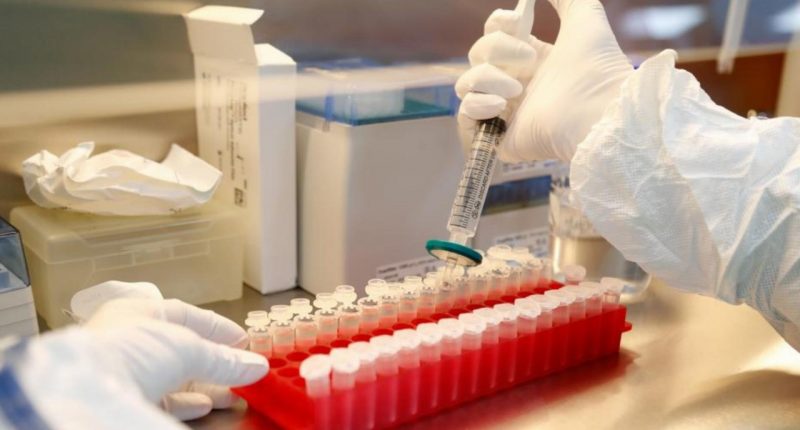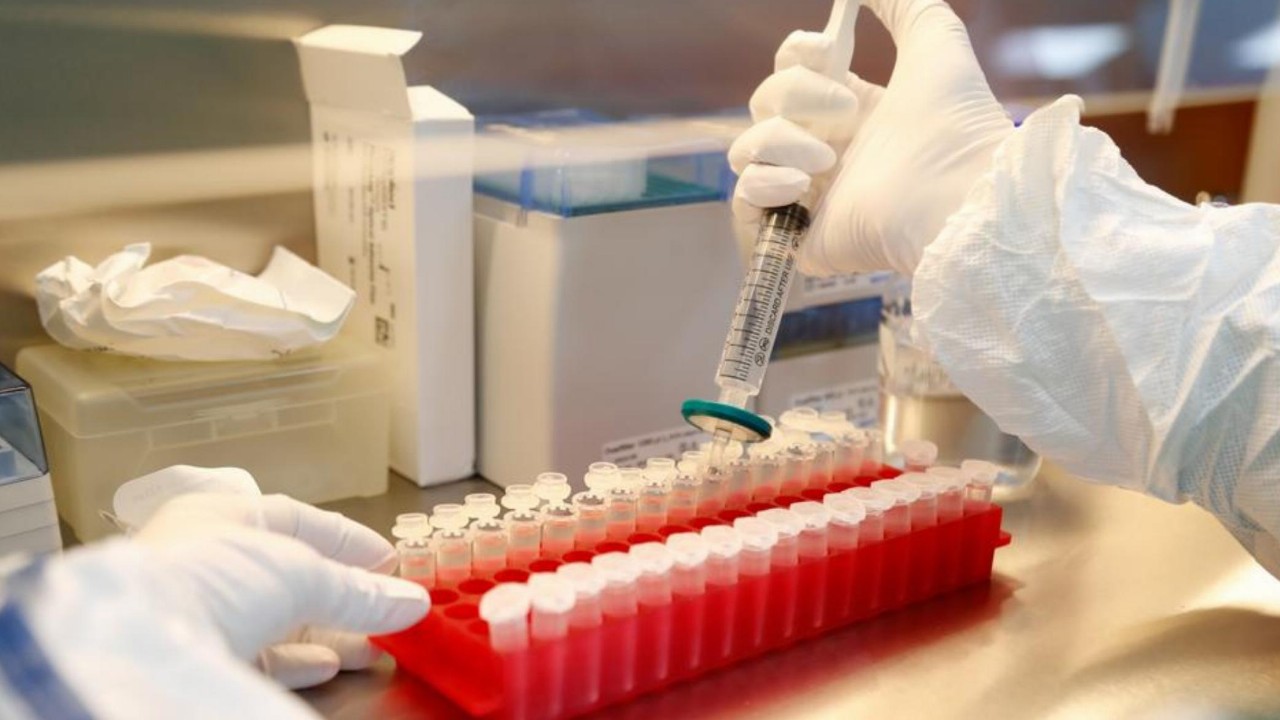- Russia has signed deals to provide up to 1.2 billion doses of a coronavirus vaccine to countries including India, Saudi Arabia and Brazil, according to the Wall Street Journal
- All up, deals are being made to sell the Sputnik V vaccine to more than 20 countries — despite doubts over its safety and efficacy
- The Russian vaccine was rushed into production and administered to 40,000 volunteers in late August
- Health authorities around the world have called the vaccine’s safety into question as the narrow test pool doesn’t meet global standards for clinical trials
- Australia has signed letters of intent with U.K.-based pharma giant AstraZenica the University of Queensland for candidate vaccines
Russia has signed deals to provide up to 1.2 billion doses of a coronavirus vaccine to countries including India, Saudi Arabia and Brazil, according to the Wall Street Journal.
All up, deals are being made to sell the Sputnik V vaccine to more than 20 countries — despite doubts over its safety and efficacy.
Show trial
The Russian vaccine — named after a satellite in the Cold War-era space race — was rushed into production and administered to 40,000 volunteers in late August.
It was approved after early testing on just 76 people in a small-scale trial.
Health authorities around the world have called the vaccine’s safety into question as the narrow test pool doesn’t meet global standards for clinical trials.
The vaccine, developed by the Russian Defence Ministry-backed Gamelaya Institute, is seen as more of a propaganda tool than a miracle cure by many in the West.
Despite the skepticism though, the Russians are forging ahead with the rollout, and many countries desperate for good news are getting on board despite the potential risks.
India, Brazil and Russia are the countries hardest-hit by COVID-19 behind only the United States. Russia is planning to roll out 30 million doses of the vaccine for its own population as early as October.
Dozens of potential candidates are being developed worldwide, though only a handful are in final-stage trials. Even then, experts predict no vaccine will be trialled and approved before early 2021.
Australia
Australia has signed a letter of intent with U.K.-based pharma giant AstraZenica and Oxford University for their candidate vaccine.
Australian company CSL likely has the facilities required to produce the vaccine locally under licence should trials prove successful.
Other candidates, including U.S. company Moderna’s vaccine, require technology not currently available in Australia to produce.
CSL has been a strong backer of the University of Queensland’s (UQ) candidate, which is currently in human trials but is lagging a little behind other candidates.
The Australian government also has a supply agreement in place with UQ should the candidate prove effective in trials.
Based on current progress, it’s expected Australia could have as many as 3.8 million doses of a proven vaccine by February 2021. The Morrison government has promised any vaccine will be free to all Australians.
Whether the Russian vaccine is truly effective remains to be seen. 1.2 billion potential guinea pigs will be more than enough to find out.







